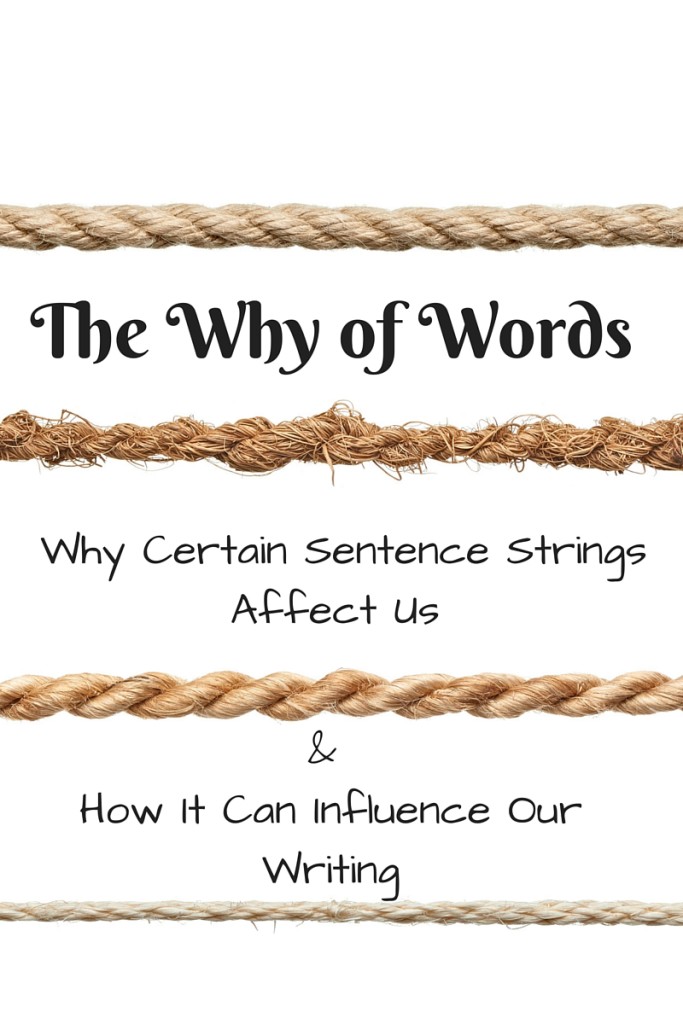
This is the second post in this series. Here’s the first post and some background about the series.
But most of the time nobody was sure what he was saying. Talk-talk-talk. The words came out of his throat like a cataract. -Carson McCullers, The Heart is a Lonely Hunter
This sentence describes the rowdy drunkard Jake Blount, who sometimes sounds “like a linthead” and at other times, “like a professor.” Jake is a socialist who has a violent gospel to dispel to the world; he’ll share it with anyone who will listen. Ironically, the only one who will “listen” and who Jake thinks understands is John Smith, a deaf-mute.
The Elements of Great Writing
Characters You Can Identify With
Characters are more important than plot. That’s why it’s so incredibly important to invest the time and thought it takes to shape characters into people your readers will want to read about. One way to do this is by creating characters your readers can identify with.
Upon first glance it would seem like you have nothing in common with Jake Blount; you’re not a roughneck, you’re not an alcoholic and you don’t spend time thinking about how you’re going to start a violent socialist revolution. But there’s more to Jake.
Jake wants an audience. And in this respect, he’s like you, me, and everyone else on this planet. Jake just wants to be heard. All he really wants is someone who will listen. Jake will settle for any listener, even one who is deaf and mute. It’s this aspect of him (combined with his character), that makes him so incredibly interesting.
Rhythm
We can get really technical about sentence rhythm, but in this case, there’s no need. The string of sentences above have a great rhythm because they alternate in sentence length. (Yes, improving the rhythm of your writing can be that simple.)
Powerful Similes
The sentence string above ends with a powerful simile. And also one that is unexpected. We associate cataracts with eyes. We don’t expect unclear words to be compared to a medical condition related to the eyes.
Thank you to Nadia Jacobson, who brought my attention to the fact that a cataract also means a waterfall. The sentence makes more sense in this context – the words were just pouring out.
Jake Blount words are unintelligible. He’s talking a lot but not saying anything; and if he is saying something, his words have no meaning. This is a fairly simple idea to convey, but McCullers language is anything but simple. The simile she uses is powerful, profound and memorable.
Applying it to your own writing:
- Read 9 Ways to Create Characters Readers Will Identify With
- Rhythm – Write a sentence. Think about something interesting related to that sentence – perhaps an interesting detail or explanation that you could convey in three words. End with a third sentence that brings the idea full circle.
- Similes – Jot down a list of 5-10 nouns – either the first ones that come to mind or open up a dictionary at random. Express an idea as a simile using the words you wrote down.
What powerful or thought provoking similes did you come up with?